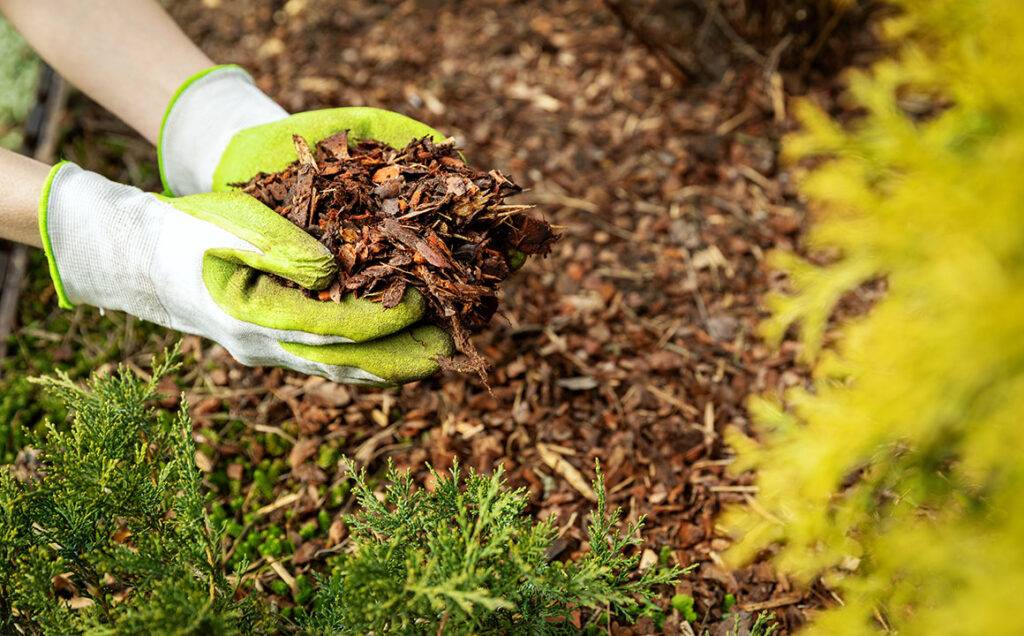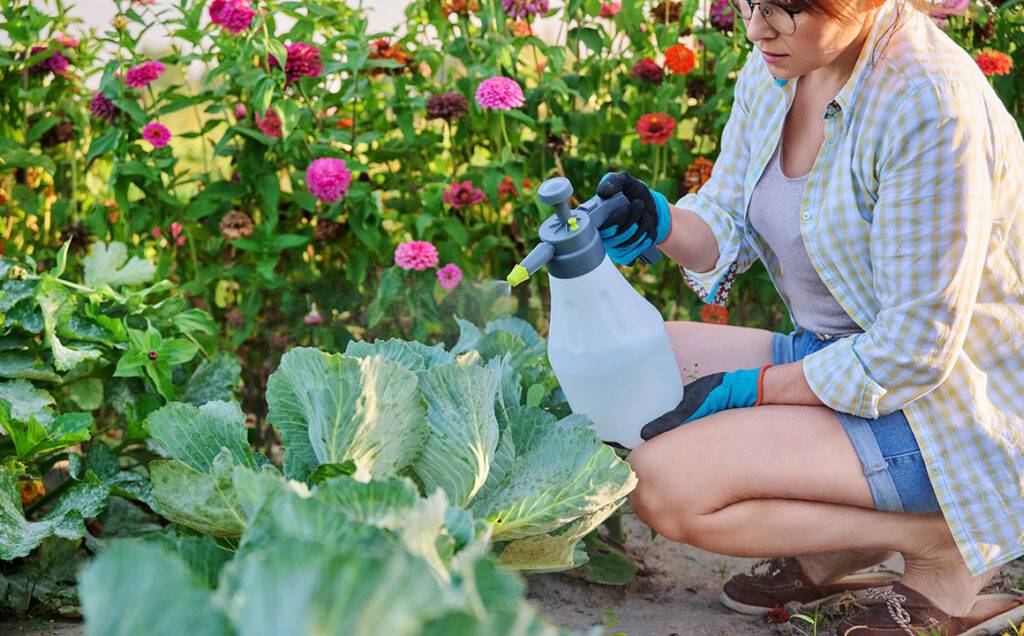Do you dream of a bountiful garden teeming with lush plants and vibrant flowers but worry about the harmful effects of chemical pesticides? Fear not, fellow garden enthusiast! Organic pest control methods offer safe and effective alternatives to protect your garden from pesky invaders while maintaining a healthy ecosystem. Here are some tried-and-true techniques that will help you keep pests at bay without resorting to harmful chemicals. So put on your gardening gloves, grab a cup of tea, and let’s dive into the world of organic pest control!
Companion planting
Companion planting is a natural and effective way to deter pests from your garden. By strategically placing certain plants together, you can create a beneficial relationship that repels unwanted insects. For example, planting marigolds alongside vegetables can repel aphids, while garlic and onions can deter pests like beetles and slugs. Research companion planting combinations that work best for the plants in your garden and watch as nature’s own pest repellent system takes shape.

Physical barriers
Creating physical barriers is an effective way to protect your plants from pests. For larger pests like rabbits and deer, install fences around your garden to keep them at bay. Use row covers or netting to shield your plants from flying insects such as cabbage moths or fruit flies. Mulching around plants can also act as a barrier, preventing soil-dwelling pests from reaching the plant’s roots. These simple physical barriers can make a significant difference in maintaining a pest-free garden.
Beneficial insects
Encourage beneficial insects to take up residence in your garden, as they act as natural predators to pests. Ladybugs, lacewings, and praying mantises are excellent examples of beneficial insects that feed on aphids, mites, and other garden pests. To attract these helpful creatures, incorporate native plants that provide them with nectar, pollen, and shelter. Avoid using chemical pesticides that harm beneficial insects, allowing them to thrive and keep pest populations in check.
Homemade remedies
If pests become persistent, organic sprays made from common household ingredients can be an effective solution. For example, a mixture of water, dish soap, and cayenne pepper can be used as a repellent spray for insects. Neem oil, derived from the neem tree, is another natural insecticide that can be applied to control a wide range of pests. These homemade remedies are safe for plants, humans, and beneficial insects, making them a reliable and eco-friendly choice for pest control.
Crop rotation

Implementing crop rotation is an organic pest control practice that disrupts the life cycle of pests and reduces their populations. By rotating plant families each growing season, you prevent pests from establishing a permanent home in your garden. Pests that are specific to certain plants won’t have a consistent food source, eventually reducing their numbers. Research crop rotation techniques and plan your garden accordingly to outsmart persistent pests.
Garden hygiene
Maintaining good garden hygiene is essential for preventing pest infestations. Regularly remove fallen leaves, weeds, and plant debris where pests can hide and breed. Prune diseased or infested plant parts to prevent the spread of pests. Properly dispose of affected materials to avoid reinfestation. Additionally, keeping your garden well-watered and properly fertilized ensures that your plants are healthy and less susceptible to pest attacks.

